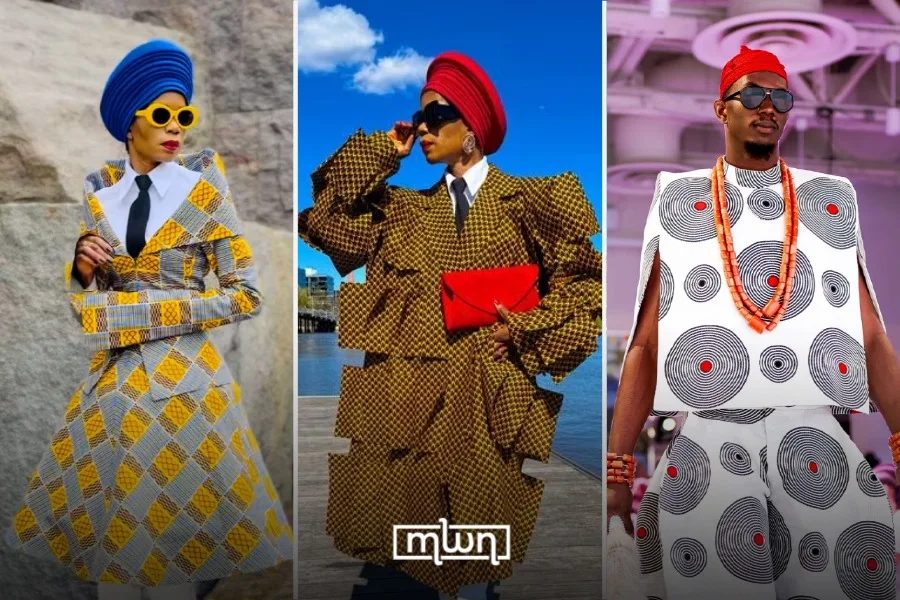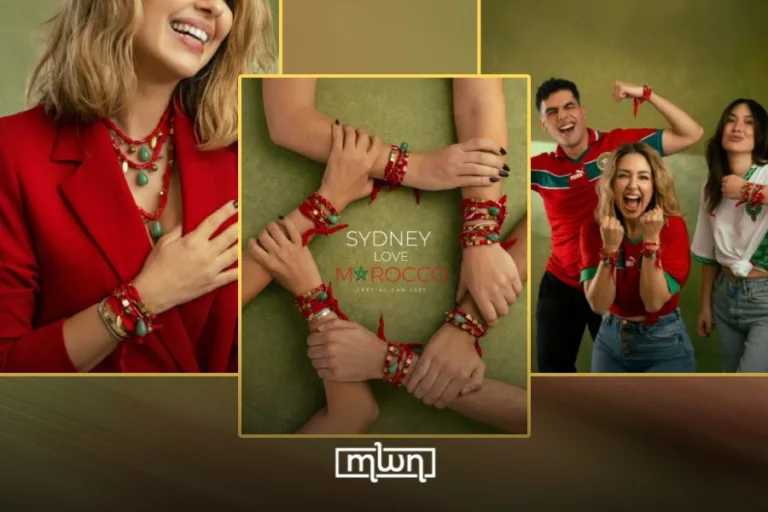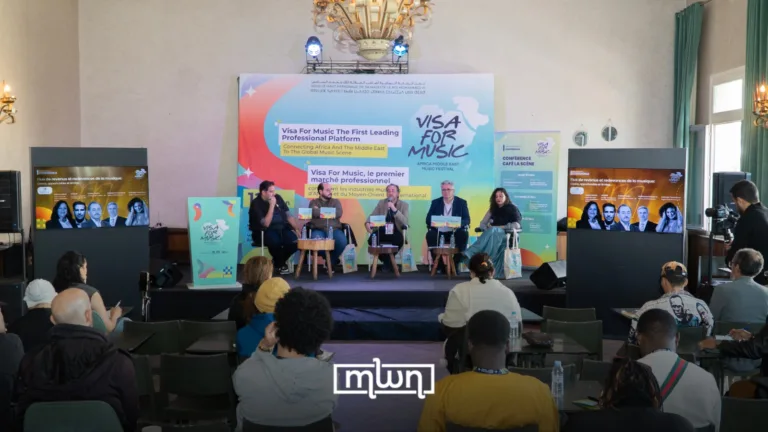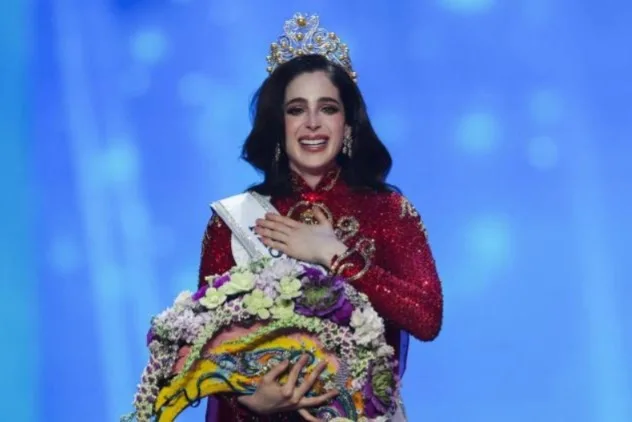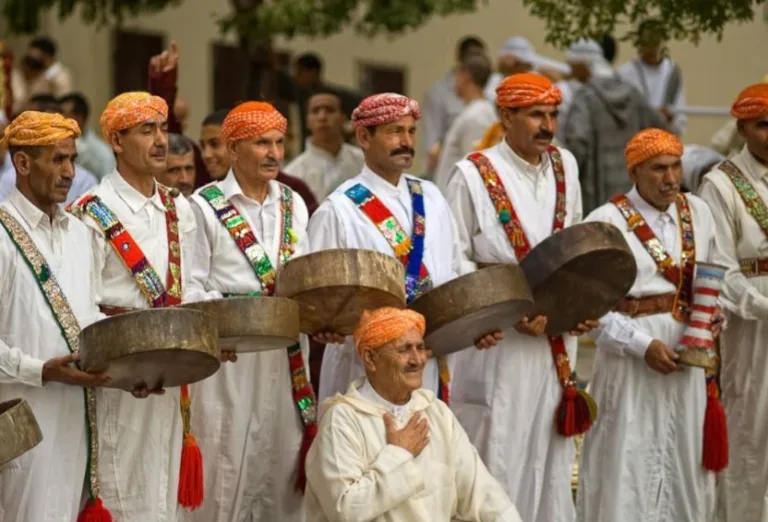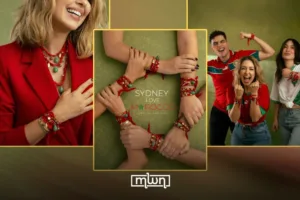Tessy Oliseh-Amaize is transforming the fashion scene with geometric couture, redefining what African prints can be on the global stage.
Fez– Tessy Oliseh-Amaize has never been afraid of numbers, and now she’s turning them into showstopping clothes.
The Nigerian designer, sister of football legend Sunday Oliseh, has carved out her own place in the fashion world by translating geometry into bold, architectural designs that are dazzling runways across the United States.
Oliseh-Amaize is the creative mind behind Tesslo, a label known for reimagining Ankara wax print fabric with a sharp, contemporary twist.
With a degree in science and an eye for classical aesthetics, she treats fashion as a mathematical experiment.
“I realized Pythagoras’ theorem belongs in fashion,” she says with a laugh. “My designs are pure math, you have to think in shapes, even calculate ones that don’t technically exist.” Stated Tessy according to CNN Arabia.
Her latest collection, “From Africa to the World”, shows how precision can meet playfulness.
Each piece takes between four and eight weeks to complete, using carefully calculated geometric patterns to create illusions of depth. The prints, she says, move “as if they’re in four dimensions.”
The “Pyramids” dress, a knee-length piece built from layers of Ankara fabric arranged in alternating pyramid formations, pays tribute to Giza’s ancient geometry.
Meanwhile, “Mpi”, her take on the classic varsity jacket, is covered in clusters of cone-shaped embellishments inspired by the Igbo tradition of using animal horns at weddings, title ceremonies, and music performances.
“These are engineering projects disguised as clothes,” Oliseh-Amaize explains. “With ‘Pyramids’, I had to calculate exact proportions. With ‘Mpi’, I manipulated fabric into individual horn shapes and combined them in clusters so the effect would be powerful.”
Oliseh-Amaize’s journey began in London, where she studied fashion product management at Middlesex University.
Her big break came in 2006, when she returned to Nigeria and won the coveted Best Designer title at the Nigerian Fashion Show.
After dressing television personalities at home, she moved to the United States, a fresh start in a market where Ankara prints had to be reintroduced as high fashion rather than seen as niche or folkloric.
“In Nigeria, there’s already a built-in love for Ankara,” she says. “In America, I had to prove it belonged on a global stage. That meant pushing myself harder.”
Her efforts are paying off. Oliseh-Amaize has shown her designs at major events including the Ankara Festival in Los Angeles, the Congressional Black Caucus in Washington DC, and Philly Fashion Week.
Actress Folake Olowofoyeku, star of the CBS sitcom “Bob Hearts Abishola”, wore her Hollywood dress, a nod to vintage Tinseltown glamour, while American stylist J. Bolin commissioned a custom Tesslo piece for a high-profile client.
Still, Oliseh-Amaize is determined to push beyond stereotypes. “Outside Africa, when people hear ‘African fabric,’ they assume it’s primitive or low quality,” she says.
“I rebel against that. African fashion is rich, complex, and absolutely worthy of the luxury label.”
Growing up as the sister of a world-class athlete didn’t make life easier. “People assumed I had money because of my brother, so I was overcharged for everything,” she recalls. “I had to work twice as hard to get what I wanted.”
Today, Oliseh-Amaize is firmly her own star. Based in Washington DC, she uses her platform to mentor young African designers through her “Professor of Fashion” sessions on Instagram, offering advice on everything from fabric sourcing to client pricing.
“I’ve done over 30 sessions,” she says. “It’s about giving designers the tools to think beyond local markets and to dream globally.”
Western designers are increasingly experimenting with Ankara prints, often backed by substantial funding and global exposure.
Oliseh-Amaize wants African designers to aim for the same scale of success, not just selling within Africa but seeing their pieces stocked by major retailers like Harrods and Macy’s.
“I don’t want to be boxed in as an ‘African designer,’” she says. “I’m proud of my roots, but I want Tesslo to be recognized as an international brand designing for the world. That’s when I’ll feel truly fulfilled.”

